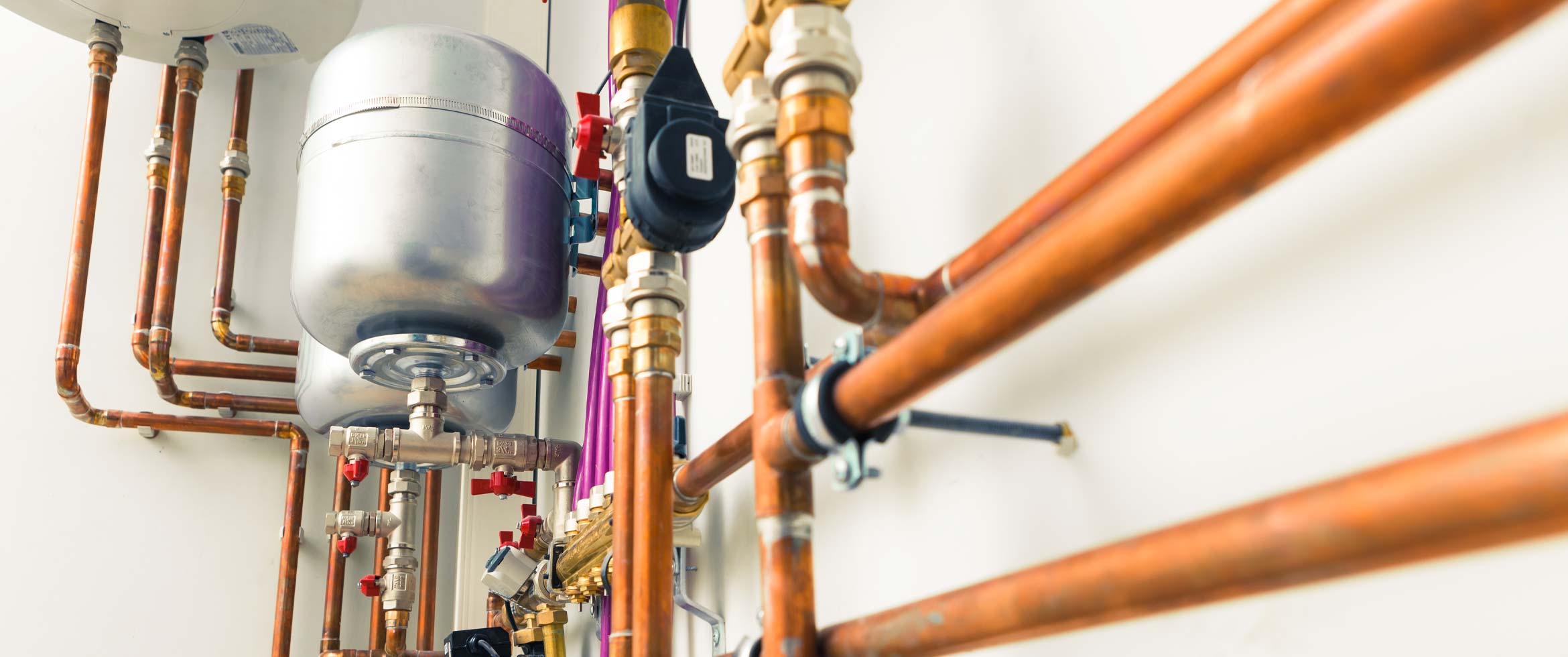Self-Reported and Actual Savings in a Water Conservation Campaign
Hamilton, L. C. (1985). Self-reported and actual savings in a water conservation campaign. Environment and Behavior, 17, 3, 315-326.
Celebrating India's "Catch the Rain" campaign
Behavioral Interventions in Resource Conservation: A System Approach Based on Behavioral Economics
Winkler, R. C., & Winett, R. A. (1982). Behavioral interventions in resource conservation: A system approach based on behavioral economics. American Psychologist, 37, 4, 421-435.
Reducing Residential Water Consumption with Feedback in Melbourne, Australia
Aitken, C. K., McMahon, T. A., Wearing, A. J. & Finlayson, B. L. (1994). Residential water use: Predicting and reducing consumption. Journal of Applied Social Psychology, 24, 2, 136-158.
Tapping into Water Shortage Solution
Wade,-Beth (2000). Tapping into water shortage solution. American City and County , 115, 8, 45-48, 54-58.
An Opportunistic Field Experiment in Community Water Conservation
Watson, R. K., Murphy, M. H., Kilfoyle, F. E. & Moore, S. M. (1999). An opportunistic field experiment in community water conservation. Population and Environment: A Journal of Interdisciplinary Studies, 20, 6, 545-560.
Using Community-Based Social Marketing Techniques to Enhance Environmental Regulation
Kennedy, A. (2010). Using Community-Based Social Marketing Techniques to Enhance Environmental Regulation. Sustainability, 2(4), 1138-1160
Personal Normative Beliefs, Antisocial Behavior, and Residential Water Conservation
Corral-Verdugo, V., & Frías-Armenta, M. (2006). Personal Normative Beliefs, Antisocial Behavior, and Residential Water Conservation. Environment and Behavior, 38(3), 406-421. doi:10.1177/0013916505282272.
A Room with a Viewpoint: Using Social Norms to Motivate Environmental Conservation in Hotels
Goldstein, N., Cialdini, R., & Griskevicius, V. (2008). A room with a viewpoint: Using social norms to motivate environmental conservation in hotels. Journal of Consumer Research, 35(3), 472-482. doi:10.1086/586910.



